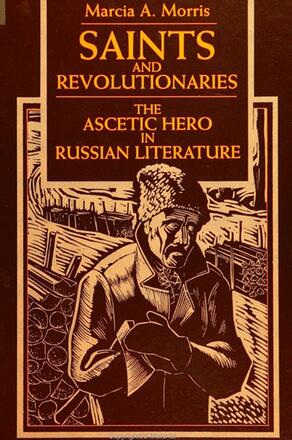
Saints and Revolutionaries
The Ascetic Hero in Russian Fiction
Alternative formats available from:
Description
An examination of literary works spanning more than seven centuries, this volume studies the ascetic hero and asceticism, exploring the elusive interplay between religion, politics, and belles lettres in Russia. The first part places works including the thirteenth-century Kievan Crypt Patericon and Life of Avraamii Smolenskii, Epifanii's Life of Sergii Radonezhskii, and other lives written in the north of Russia, in the context of crucial religious doctrines such as apocalypticism and deification. The author shows how Old Russian literature plays a major cultural role in the continuing development of these doctrines on Russian soil.
The second part traces a revival of the Russian fascination with themes of apocalypse and perfectibility to the nineteenth and early twentieth centuries. Morris also documents the development of a divergence in ideological approach between Russian writers who continued to view apocalypticism and deification as religious phenomena and those who used them as tools of social and political struggle. Works by Gogol, Tolstoy, Dostoevsky, Chernyshevsky, and Gorky, as well as classic novels of the socialist realist tradition are analyzed as evidence of the underlying unity of the literary manifestations of this ostensibly bifurcated intellectual tradition.
Marcia A. Morris is Assistant Professor of Russian at Georgetown University.
Reviews
"It takes a hitherto neglected pattern in Russian literature, and shows how it informs and shapes some of the more important works of medieval Russian literature, and of the nineteenth and twentieth centuries. We have all been aware that these works are a bit strange, and now the author has shown us why this is so. The link between the medieval and the modern—fascinating in itself—is argued clearly and convincingly." — Robert A. Maguire, Columbia University